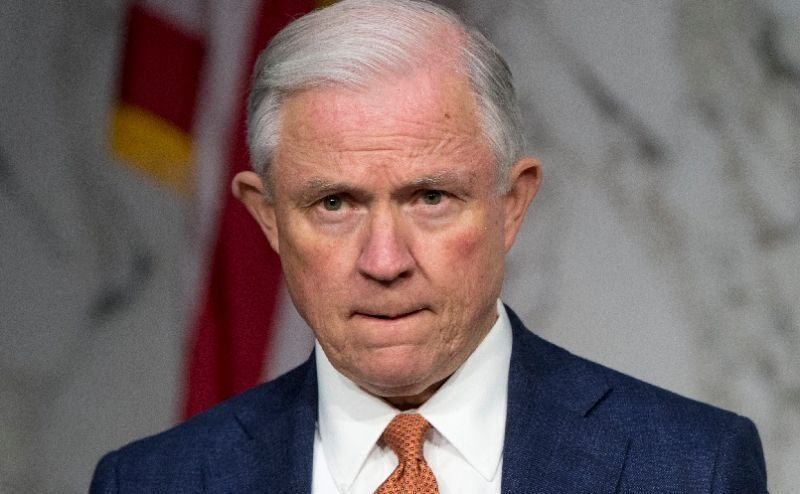
The fate of marijuana operators in every state hangs on the prosecutorial whims of the U.S. Attorney in their districts.
By Hilary Bricken
Recall on January 4, 2018, when U.S. Attorney General Jeff Sessions single-handedly demolished the federal government’s former cannabis enforcement framework? This past weekend, Sessions finally shined some very brief light on the Department of Justice’s current enforcement priorities in the wake of Sessions’s rescinding of the “Cole Memo.” Reportedly, the DOJ will not waste its time or money on “small” or “routine” marijuana cases, but will instead focus on bigger fish in the context of marijuana, like drug cartels and larger drug rings and conspiracies.
When Sessions retracted all DOJ guidance on marijuana enforcement, industry and media reactions ranged from treating the Sessions announcement as nothing more than a toothless threat to claims that it was the first step in an organized crackdown of the marijuana industry. What makes things even more troubling (and speculative) is that the “Sessions Memo” is short on details. Specifically, it doesn’t mandate that U.S. Attorneys do anything specific regarding marijuana businesses. It just withdraws the earlier marijuana-specific guidance memoranda (i.e., the Cole Memo, DOJ guidance on financial crimes, the) and directs U.S. Attorneys to treat marijuana sales like any other federal crime. And while Sessions refers in his memo to the principles of enforcement in the U.S. Attorneys’ Manual, that document only reinforces the level of discretion and authority that each U.S. attorney has. In turn, we could potentially have 93 different enforcement policies across the multitude of states that have marijuana legalization or medicalization, meaning individual enforcement priority policies for each U.S. Attorney.
On March 10, though, according to the Associated Press:
Federal prosecutors won’t take on small-time marijuana cases, despite the Justice Department’s decision to lift an Obama-era policy that discouraged U.S. authorities from cracking down on the pot trade in states where the drug is legal, Attorney General Jeff Sessions said Saturday. Federal law enforcement lacks the resources to take on ‘routine cases’ and will continue to focus on drug gangs and larger conspiracies, Sessions said.
Despite Sessions’s comments about DOJ enforcement priorities, current federal law and the Sessions memo leave the door open for the prosecution of state law-abiding marijuana operators really at any time. The fate of those operators in every state hangs on the prosecutorial whims of the U.S. Attorney in their districts. And while it’s comforting to hear from our nation’s top prosecutor that the DOJ isn’t interested in seemingly low-level marijuana crimes that may not include state-approved commercial cannabis activity, we’ll have to wait and see as to whether or not U.S. Attorneys follow suit.


